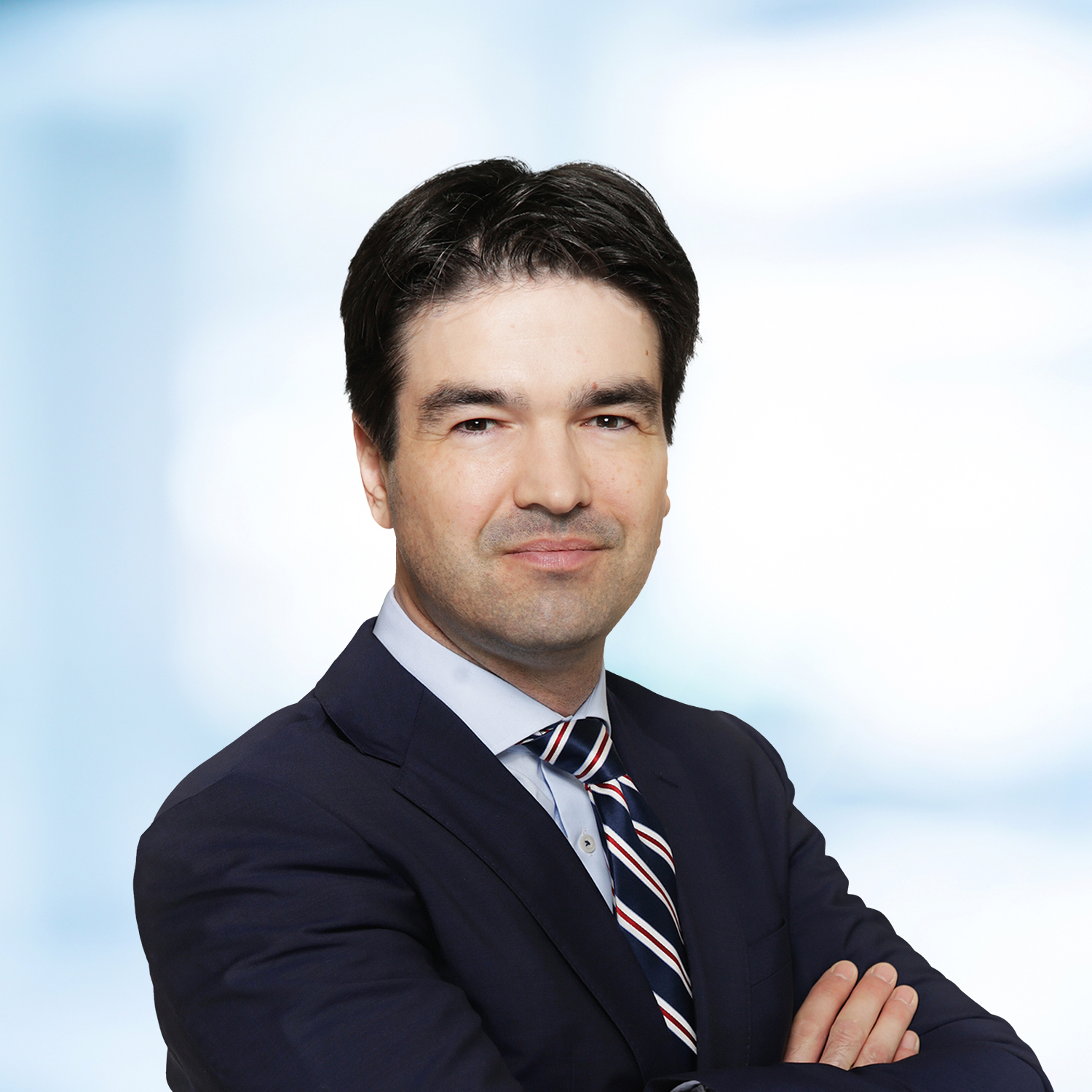

An EU regulation will soon come into force that will regulate crypto assets uniformly throughout Europe. It contains significant new obligations for issuers and crypto service providers. At the same time, it also offers them some advantages and opportunities.
The European Union regulates the trading of crypto assets. The so-called MiCA Regulation (Markets in Crypto Assets Regulation – MiCAR) is expected to apply across Europe from 2024. The European Parliament’s goal: competition in the crypto-assets market should be fair and ensure a high level of consumer protection and market integrity. Transfers of digital assets should be traceable, making money laundering and terrorist financing more difficult. The regulation also creates a uniform legal framework for crypto assets in Europe and thus serves as a pioneer for regulation in other countries.
New obligations for service providers and issuers
MiCAR imposes new obligations on both the primary and secondary markets for crypto services.
The secondary market, i.e. trading in crypto assets, will be subject to licensing throughout Europe. In Germany, there is already a licensing requirement, but in other EU member states, the obligation for pure cryptocurrencies has so far mostly been limited to registration and proof of adequate and effective money laundering prevention. Service providers across Europe must meet a number of organizational and operational requirements under the new regulation if they are to obtain and retain permission on a permanent basis. The fulfillment is monitored by the ongoing financial supervision.
For the primary market, the regulation means that issuers of crypto securities must issue a white paper. The whitepaper is a kind of watered-down securities prospectus. Similar to traditional securities prospectuses, white papers will in the future contain detailed information about the issuer and the crypto value issued.
The white paper must contain an easily understandable summary of the essential information. Unlike securities prospectuses, MiCAR does not contain any regulations on the subject of “whitepaper liability”, nor does it explicitly require approval by BaFin.
MiCAR also expands regulations against market abuse, prohibiting insider trading and market manipulation in crypto assets.
Which crypto assets are covered?
The MiCA regulation applies to crypto assets. However, their definition is not congruent with the German crypto term. Cryptocurrencies as well as so-called utility tokens and stable coins fall under the definition of MiCAR. Securities (as defined by MiFID 2), electronic money (e-money) and most so-called non-fungible tokens (NFTs) are not covered.
These companies must take action
The MiCA Regulation applies to all persons issuing crypto assets or providing services related to crypto assets in the European Union (so-called Virtual Asset Service Providers, “VASPs”). This includes issuers and traders or brokers.
Traders include both typical crypto service providers, such as exchanges and trading platforms, and traditional institutions, such as banks and securities institutions that facilitate trading.
German companies that already have a BaFin permit are also affected. The reason: MiCAR’s licensing requirements are not identical to the previous German regulation. The same applies to companies with registrations in other EU member states. They need a new permit because previous registrations fall well short of MiCAR requirements.
MiCAR also offers opportunities for companies
The new Europe-wide regulation is not only associated with new obligations, but also with opportunities. With it comes so-called EU passporting. Anyone holding a MiCAR permit in one member state can also use it in other member states and thus only needs to complete one permit procedure to operate throughout Europe. The previous patchwork is no longer necessary.
The single legal framework ensures the secure implementation and pan-European scaling of crypto business models. MiCAR thus offers them the opportunity to successfully establish and expand their position on the European market. Companies that successfully place themselves on the European market under MiCAR thus gain a significant experience advantage over unregulated players. They can use this experience to tap into markets where regulation is foreseeable in the near future. This makes MiCAR not only a challenge, but also a significant opportunity that stakeholders should use to their advantage.
This is how those affected should act now
Affected parties should consider what impact the new law on cryptocurrencies will have on them. Do they need a white paper, new or supplemental permit? Do new compliance requirements necessitate adjustments? The review should be carried out as early as possible in order to have sufficient room for maneuver, as time is short until mid-2024. If action is required, companies should identify and evaluate the necessary measures and existing implementation options. In doing so, they should weigh up which approach makes sense and check whether synergies can be exploited and how they can use the new regulation as an opportunity.

Partner
THE SQUAIRE Am Flughafen
60549 Frankfurt am Main
Tel.: +49 69 951195-062
mpussar@kpmg-law.com
© 2026 KPMG Law Rechtsanwaltsgesellschaft mbH, associated with KPMG AG Wirtschaftsprüfungsgesellschaft, a public limited company under German law and a member of the global KPMG organisation of independent member firms affiliated with KPMG International Limited, a Private English Company Limited by Guarantee. All rights reserved. For more details on the structure of KPMG’s global organisation, please visit https://home.kpmg/governance.
KPMG International does not provide services to clients. No member firm is authorised to bind or contract KPMG International or any other member firm to any third party, just as KPMG International is not authorised to bind or contract any other member firm.